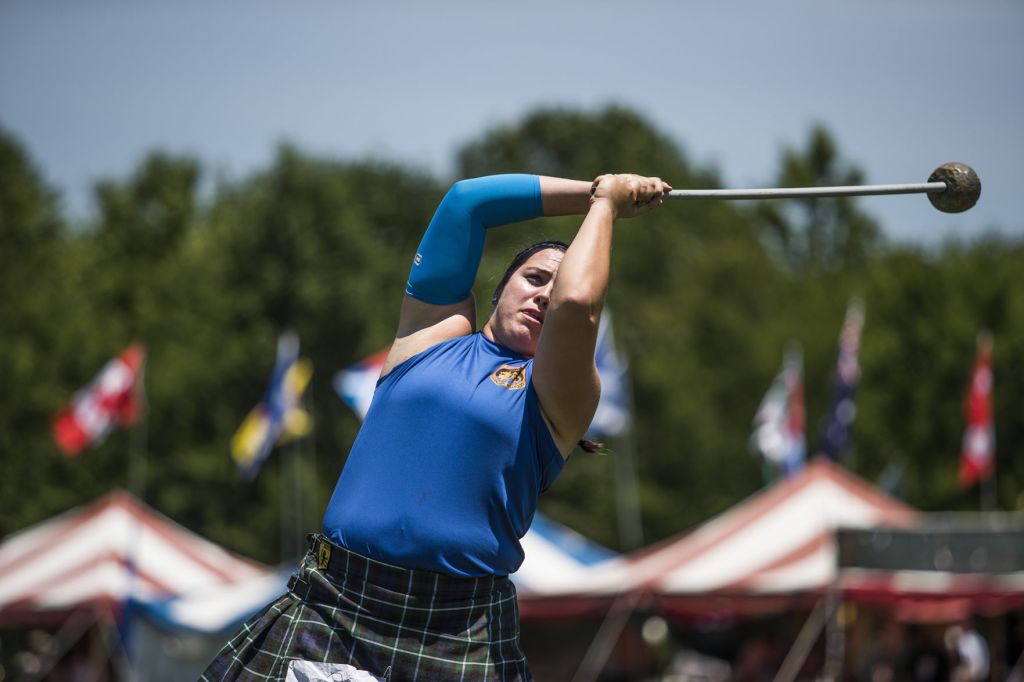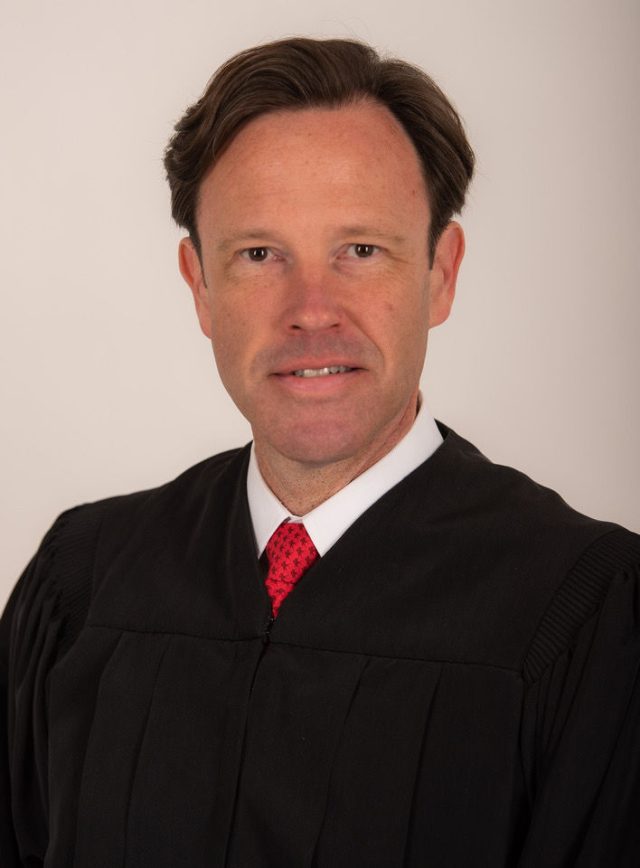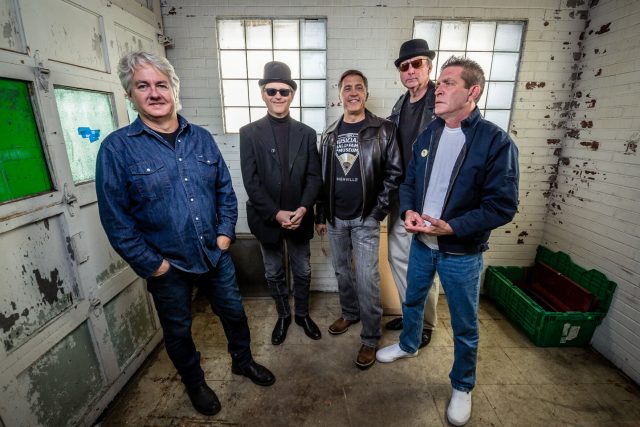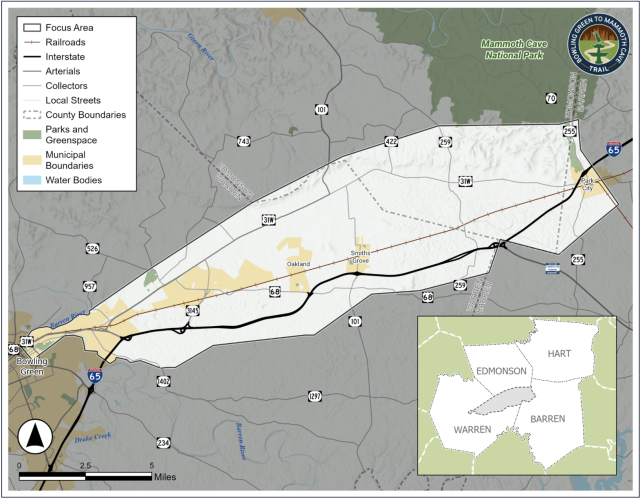Glasgow Highland Games indefinitely canceled, new Scottish festival to take its place
Published 8:00 am Saturday, April 8, 2023

- Jess Bridenthal of Pittsburgh competes in the heavy hammer throw during the Highland Games in 2017 at Barren River Lake State Resort Park.
On June 1, 2019, none of the 60,000 participants in the 34th Glasgow Highland Games could have known it was the last one.
On that summer day, people of Scottish descent and countless others milled around the large field at Barren River Lake State Resort Park, hanging out in family tents associated with their Scottish clan and watching athletes participate in traditional sports like the caber toss and the hammer throw.
They had no idea that COVID would be the Games’ death knell.
For several years there was hope of its return. In 2020 and 2021, the games were scheduled but eventually canceled due to pandemic restrictions.
In 2022, organizers announced on Facebook that they had lost several key sponsors during the pandemic and no longer could afford to keep the event going.
The post said that the games cost upwards of $140,000 a year to put on, including costs of insurance, lodging, bands, performers, tent rentals and bringing athletes to Glasgow.
Robert Harrison, Glasgow Highland Games president, said that the nonprofit sent a letter to the governor’s office trying to get funding.
“We got no response,” he said.
Harrison started the games in 1986. His mother was a member of the MacKenzie family, a clan with a lot of influence in Scotland, so he grew up playing a lot of Scottish sports. In addition to athletics, the event included children’s games, traditional Scottish music and food.
Over the years, more and more people came, until it became a major regional event. In recent years, professional athletes and families from across the country, Canada and England visited Glasgow, Kentucky, to take part in the annual event.
By 2019, the Glasgow Highland Games had become the largest Scottish athletic event in the country. It was the site of the U.S. Athletic Championships, whose winner goes on to the Highland Games in Scotland.
“We lost a very good activity that a lot of people in this area liked,” Harrison said. “It would be like if you loved football and you lost the national football championship.”
Now, a new Scottish festival is coming to Glasgow as a “stop gap measure” to keep people connected to their roots while the games are gone.
Grigne Gàidhlig Ghlaschu, or The Glasgow Gaelic Gathering, organized by Drs. Adam Dahmer and Dhanya Baird, is scheduled for June 16-18.
Dahmer said he had fond memories of the Glasgow Highland Games and wanted to create something that could be a “spring board” to bringing it back.
He hopes that one day, the two events can be integrated.
The festival will include classes on the Scottish Gaelic language, the history of Kentucky and Scotland’s Glasgow, traditional Scottish dances like cèilidh dancing, a sort of Scottish square or line dancing, and folk songs like sea shanties and other Gaelic music.
Classes will cost $20 per person or a flat fee of $50 for all access.
“The language and culture classes are at the heart of it, but I would like people just to be walking around and seeing things and buying things and talking to each other,” Dahmer said.
Dahmer thinks learning Scottish Gaelic is one of the most authentic ways to connect.
“I think there’s a lot conveyed through language that is not conveyed through other aspects of culture,” he said. “If you really want to understand what the Scottish Gaels were like, and you feel somehow connected to the Scottish Gaels, then learning their language is the best way to pay tribute to that connection.”
In the 20th century, a lot of people moved away from connecting to certain identities in the name of modernity, Dahmer said. But now, in today’s age of identity, many are reclaiming their heritage as a way to find community again, he said.
“Now a lot of people are feeling kind of lost in terms of where they’re situated and who they are,” he said.
For Tom Carr, the Glasgow Highland Games were a way to connect to a lost heritage.
While his parents knew nothing of their Scottish ancestry, Carr got into genealogy and discovered that he was connected to the Kerr clan (at some point, the clan broke off into two different spellings.)
His great-grandmother’s middle name on his mother’s side was Carr, and coincidentally, his father’s genealogy was also linked to the Kerr family.
When Carr attended the games for the first time in 2014, he met Joe and Shelby Kerr, who live in Tennessee. Every year after, he helped the Kerrs set up their clan tent.
Carr said the event was always well-attended and fun.
“Everybody was excited, everybody was smiling and laughing, meeting old friends,” he said. “Everybody was at home … kind of like one big family get together.”
At the end of the multiple-day event, there was a parade of the tartans, in which representatives from each clan marched around the field carrying their family banners.
“My grandchildren got to participate in that, and and I hope that they’ll have fond memories,” Carr said. “I was excited to share Scottish history with them.”






